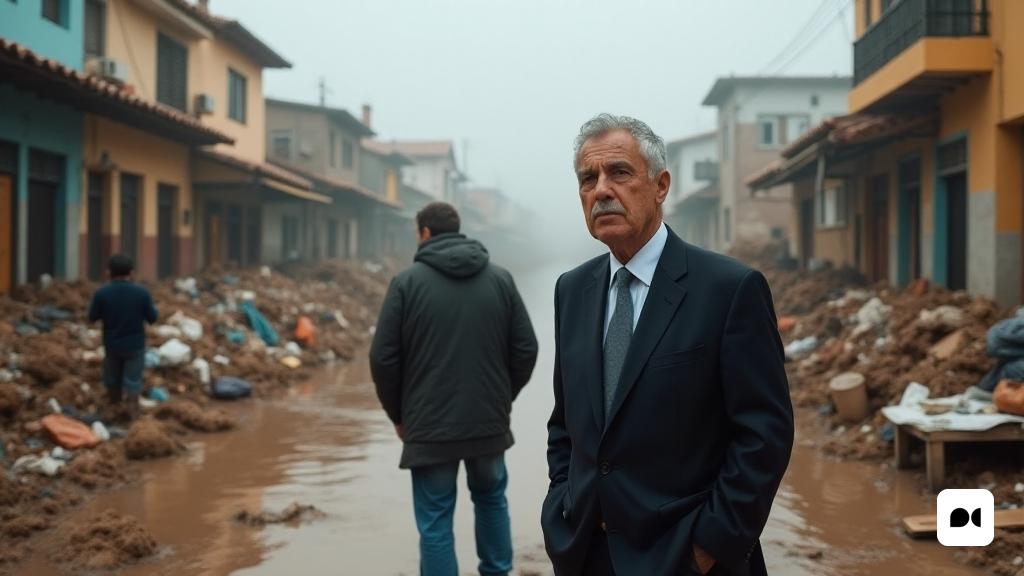The president’s reaction to the tragedy
Carlos Mazón, president of the Valencian Community, has found himself at the center of controversy after the devastating effects of the recent storm in Horta Sud. His initial response to the situation has sparked a wave of criticism that questions his ability to lead in times of crisis.
Controversial decisions and their consequences
One of the most discussed decisions has been the elimination of the Valencian Emergency Unit. Although many have pointed out that this measure is not directly responsible for the catastrophe, its absence has left a feeling of insecurity and lack of protection among the population. In addition, the lack of immediate action when AEMET issued alerts has fueled criticism.
Reprimands for the management of the crisis
Critics have pointed out that Mazón not only failed to react at the right time, but also made erroneous claims about the imminent improvement of the situation. This has generated a climate of frustration among citizens who expected a more decisive response to the damage and loss of life.
The impact of politics in times of need
While other political figures, such as Alberto Núñez Feijóo, tried to capitalize politically on the situation, Mazón seemed to be absent from the political debate, thanking instead the support of the Spanish government. This strategy has raised doubts about his priority: if he was really on the side of the affected population or if he was simply looking to distance himself from the responsibilities.
Reaction to criticism and gestures of distance
After a few days of silence, Mazón has decided to change his approach, directing his complaints to Madrid and trying to rid himself of the responsibilities. This reaction has been criticized by both experts and citizens, who expected a more constructive and collaborative attitude.
Reflections on responsibility and public image
At a time when the community is looking for help and solutions, Mazón’s decision to focus the blame on the central government has caused consternation. Instead of focusing on reconstruction and support for victims, their strategy seems to be more about political survival.
In conclusion, what is really needed is a leadership that is involved in the needs of the citizens, that is present on the ground and that listens to the stories of the people affected. Only then can trust in their representatives be restored.

